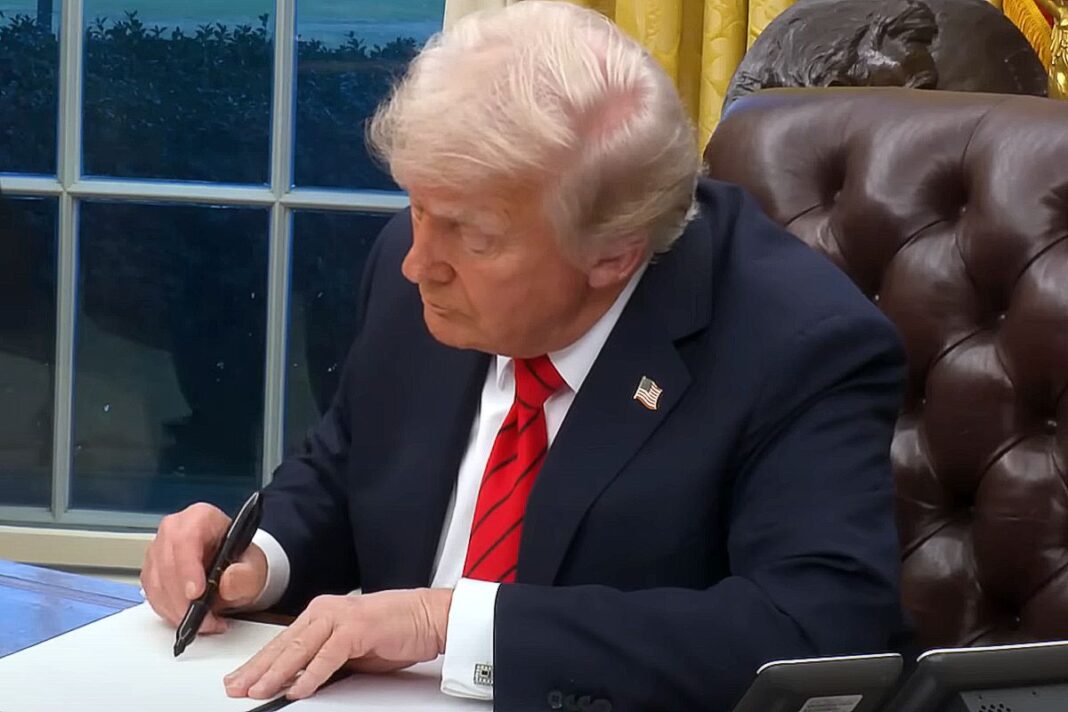The move follows the start of new U.S. tariffs on imported vehicles and parts, with ripple effects across North American automotive supply chains.
Stellantis—the carmaker behind brands like Chrysler, Dodge, and Jeep—is pausing production at two major North American assembly plants in Canada and Mexico, resulting in temporary layoffs at five U.S. facilities that supply them, the automaker confirmed in an internal email obtained by The Epoch Times.
The company will halt production at its Windsor Assembly Plant in Ontario, Canada, for two weeks starting April 7. In addition, the Toluca Assembly Plant in Mexico will be offline for the entire month of April, according to a message sent Thursday morning by Stellantis North America COO Antonio Filosa to all North American employees.
As a result of the pauses, Stellantis said it will temporarily lay off workers at stamping and transmission facilities in Warren and Sterling Heights, Michigan, and Kokomo, Indiana. According to a company official familiar with the decision, roughly 900 U.S.-based employees are expected to be affected by the layoffs.
“These are actions that we do not take lightly,” Filosa wrote, “but they are necessary given the current market dynamics. Together, I know we will rise to these new challenges, just as we have always done in the past, and we will emerge even stronger.”
The production pauses come less than one full day after President Donald Trump’s new 25 percent tariffs on imported automobiles took effect. An additional 10 percent baseline tariffs on all foreign goods are set to take effect on April 5. Higher import duties on car parts such as engines and transmissions will be implemented on May 3.
Although Canada and Mexico were not listed among the “worst offenders” for elevated reciprocal tariffs, their cross-border supply chains are subject to other existing levies, including border tariffs on auto parts and aluminum.
Trump, during an April 2 event announcing the tariffs, called the move a “declaration of economic independence” from nations he accused of unfair trade practices.
While Canada and Mexico avoided the steepest penalties, industry groups warned that the disruption to integrated North American supply lines would still be severe.
By Chase Smith






